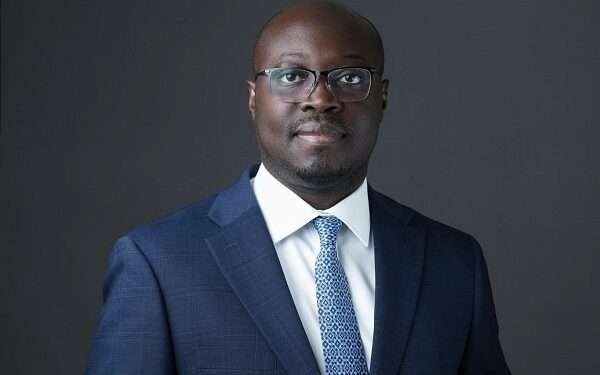Insurers, being the main underwriters of risk, must work together to spearhead Ghana’s economic recovery process post-pandemic, in line with the governments’ agenda geared towards resilience building against economic shocks.
Patience Akyianu, Group Chief Executive Officer (CEO), Hollard Group, made these comments at ‘The 2020 Ghana Economic Forum (GEF): Resetting the economy beyond COVID-19; Building economic resilience and self-sufficiency’.
Patience Akyianu intimated that the norm of continuous reliance on government alone as the driving force for economic recovery and as such unilaterally bearing the most cost for such a recovery is untenable because this approach has failed in the past.
This comes at a crucial time when there are deliberations on the weight various stakeholders should bear in the economic recovery process, with some schools of thought advocating for government-led, financial sector-supported approach and vice-versa, with banks at the forefront, if not sole, representative of the financial sector.
Relegating the role of the insurance industry, as a key stakeholder and driver of the economy in the recovery process, is myopic as it neglects the inimitable expertise of the industry, the CEO cautioned.
Speaking at the Economic Forum, Patience Akyianu proposed that her sentiments was not a call for exclusivity but one which accentuates the importance of the insurance sector.
“Building resilience requires a multi-stakeholder engagement and with insurers being the world’s foremost risk managers and risk engineers, we have the expertise and knowledge to drive this agenda. Insurers and asset managers must partner with government to put an agenda to ensure the economy recovers and is future-proof with regards to resilience”.
The Group CEO posits that “different stakeholders work in partnership to prioritise more efficient disruption prevention and mitigation efforts [to] broaden the responsibilities different stakeholders assume for speeding up recovery, and elevate resiliency in corporate and investor agendas on par with near-term efficiency goals”.
This will go a long way to improve risk sharing and transfer mechanisms across various sectors, and enhance the speed, efficiency and effectiveness of future loss remediation and public-assistance schemes.

The Group CEO further asserted that the comparatively low insurance penetration rate amid high retention ratio, depicts the general apathy toward insurance, a ‘grudge purchase’ but creates an enormous potential for growth as a result of the demographics of the nation. It behoves on insurance companies to come up with innovative products with accompanying incentives.
Customers are sensitive to the pricing of insurance products and this has only been exacerbated by the pandemic as it has eroded many of disposable income causing them to re-evaluate their scale of preference, the CEO revealed.
To stay relevant post-pandemic, Patience Akyianu said insurers must be flexible and understand the changing needs of customers, to tailor products to meet customer satisfaction demands. The era of all-inclusive, high-priced insurance products as the norm, is becoming archaic.
“We know our customers are price sensitive and considering the economic hardship that they have faced with the pandemic, we need to work with the regulator to make it more manageable for them to pay for their insurance needs, perhaps, moving from annual premiums payments on a monthly basis, for example, with auto-insurance,” she pronounced.
The key to seeing increased patronage of insurance products is to build confidence in the digital agenda as a decent number of potential customers continue to treat digital solutions with suspicion in favour of person-to-person interactions, she alerted.
“We need to look at the need to simplify our processes and migrate toward a more automated system and further digitize our operations, ramp up digital distribution channels, digital marketing and simplify the product purchasing process. We have a unique opportunity to bring people in and we should not treat it lightly.”





















